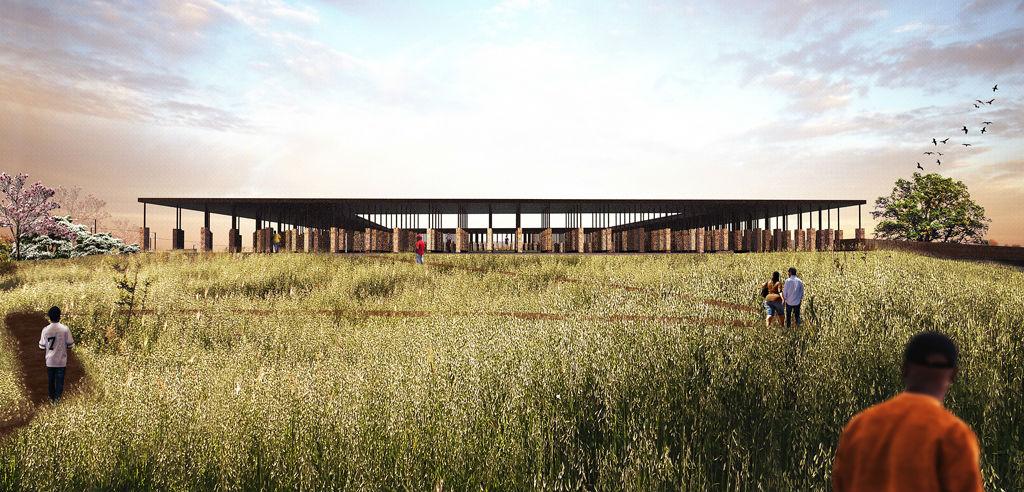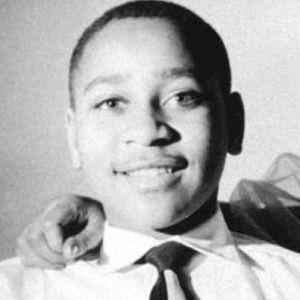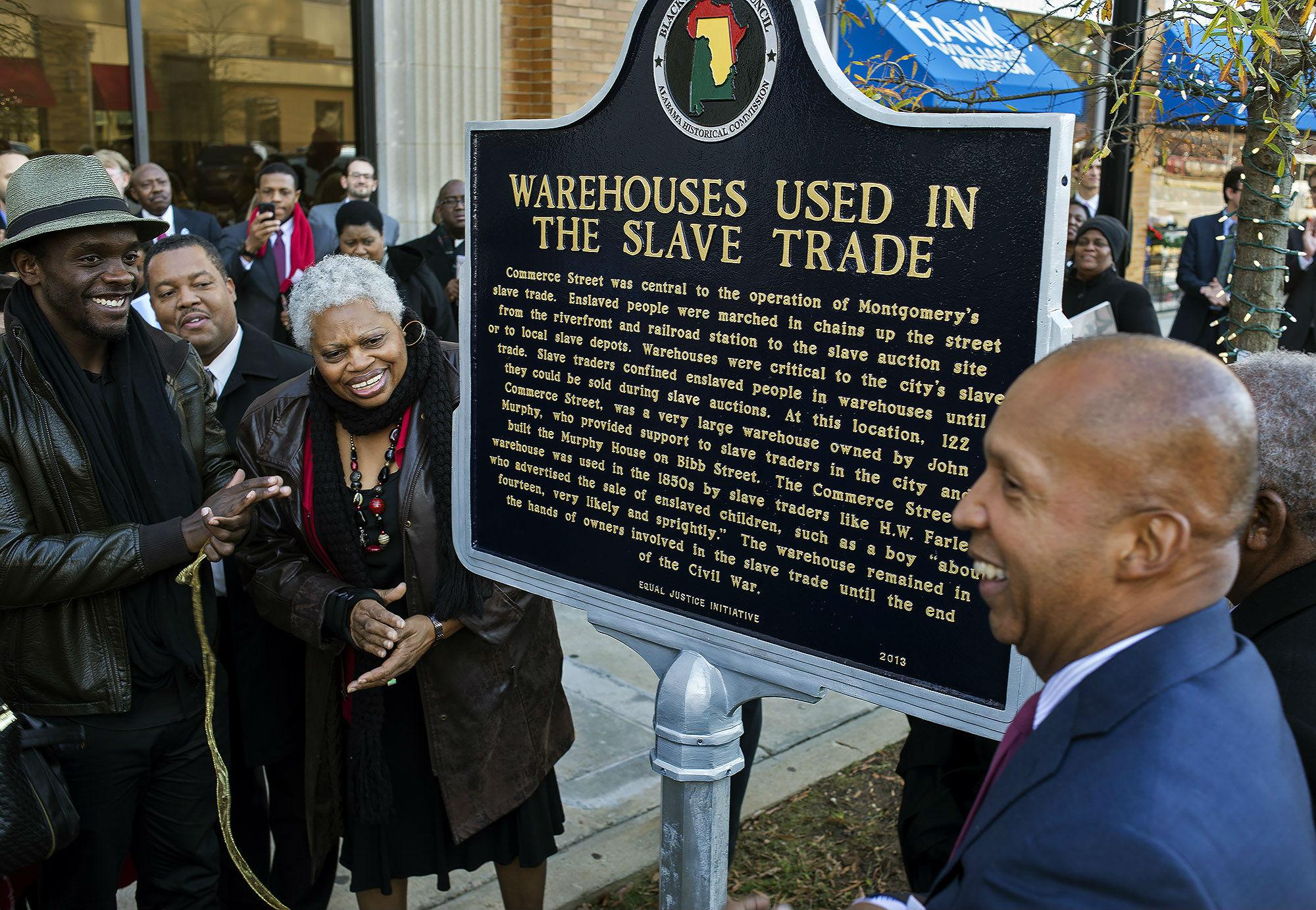Lynching museum will honour victims of America's 'racial terror'
The museum and memorial is expected to open in 2017

Activists in Alabama have announced plans to open the nation’s first museum dedicated to its dark and often-ignored history of the lynching of African Americans.
The Montgomery-based Equal Justice Initiative (EJI) on Tuesday said it intended to open the memorial and museum - From Enslavement to Mass Incarceration - on a six acre site that would both honour the people who had been murdered, and draw attention to those responsible for what it called “racial terror lynching”. The group has estimated there were at least 4,000 such lynchings between 1877 and 1950.
“From Enslavement to Mass Incarceration will be situated within 150 yards of one of the South’s most prominent slave auction sites and the Alabama River dock and rail station where tens of thousands of enslaved black people were trafficked,” said the EJI.

“The museum will connect the history of racial inequality with contemporary issues of mass incarceration, excessive punishment, and police violence.”
The EJI has since 1989 fought for the legal rights of prisoners who have been denied a fair trial, either because of racial prejudice or else they cannot afford a lawyer. It has helped hundreds of people on death row, and overturned many convictions.
The structure will contain the names of over 4000 lynching victims engraved on concrete columns representing each county in the United States where lynchings took place. Counties across the country will be invited to retrieve duplicate columns with the names of each county’s lynching victims to be placed in every county.

The EJI’s founder and executive director, Bryan Stevenson, said it was time for the US to wake up to what had happened in its recent past.
“I think it’s important because when you do that, you change your identity,” he told CBS News.
“You change your relationship to these histories of mass atrocities and violence. But when you don't do that, things linger. The smog created by that history of racial inequality continues to compromise our health. And in this country, we haven’t done that about slavery. About lynching. About segregation.”
Some of the names of the victims of the most notorious lynching, such as teenager Emmet Till, are scored into the minds of some Americans. Yet the vast majority of those who were killed, are known to just a few, if any.
The EJI dispatched volunteers to the site of the killings and filled earth from the ground where the hangings or beatings or shootings took place. Many of the killings took place on the lawns of court houses, the EJI said.
“We want to name the victims of lynching. We want to talk about people like Elizabeth Lawrence who was lynched because she scolded children for throwing stones at her. We want to talk about people who were lynched because they bumped accidentally into white people as they were going to the train station,” Mr Stevenson said.
He hopes the museum and memorial will be ready to open in 2017.
“We want to talk about all of the devastation. We want to talk about the fact that these lynchings took place in the public square with thousands of people cheering them on,” he added.
Mr Stevenson said other countries have publicly confronted histories of violence and division.
“When you go to South Africa, you are confronted with the legacy of apartheid. If you go to Rwanda, they make sure that you understand what genocide did,” Mr Stevenson said.
“If you go to Germany, you can't actually go many places in Berlin without seeing the markers and the stones that have been placed at the homes of Jewish families that were abducted during the Holocaust. The Germans actually want you to go to Auschwitz to confront soberly that legacy.”
Not everyone approves of Mr Stevenson’s plan.
Dick Brewbaker, a Republican state senator who represents a district in Montgomery, told the New Yorker. “If he wants to do it, he needs to do it with private funds. Why is racially motivated violence worse than any other kind of violence?
He added: “I don’t give a damn what the motive of the offender was if an act of violence was committed. Interjecting even more race talk into Alabama’s politics is not productive.”
Join our commenting forum
Join thought-provoking conversations, follow other Independent readers and see their replies
Comments
Bookmark popover
Removed from bookmarks